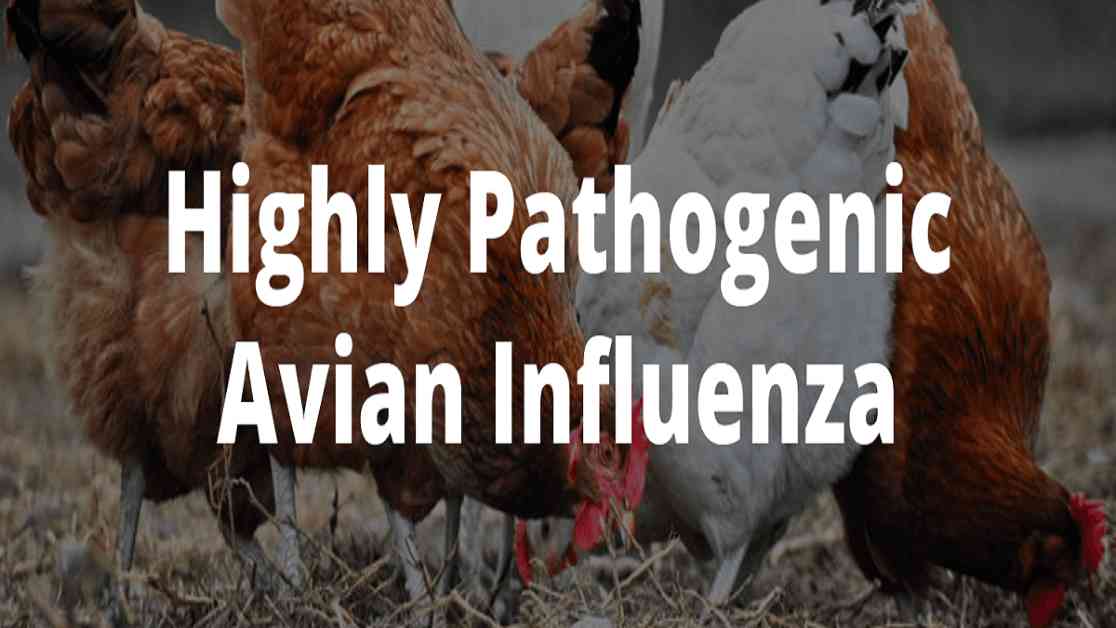Protecting Poultry and Dairy from HPAI: Maryland’s New Guidance
ANNAPOLIS, Md., — The Maryland Department of Agriculture (MDA) has issued updated guidance urging dairy cattle and poultry farmers to implement enhanced biosecurity measures as Highly Pathogenic Avian Influenza (HPAI) continues to circulate in wild birds along the Atlantic Flyway. First detected in poultry in early 2022, HPAI has recently been confirmed in lactating dairy cattle, raising the risk of cross-species infection between cattle herds and poultry flocks. Consumers are reassured that pasteurized milk and properly cooked poultry products remain safe for consumption.
Rising Cases in the U.S.
In the past month, HPAI detections across the U.S. have surged, with 90 confirmed poultry flocks and 339 cases in dairy herds. Although Maryland currently has no active cases, the MDA is encouraging poultry producers to keep birds indoors when possible and carefully evaluate risks before allowing outdoor access. The department plans to reassess the situation in April 2025.
Heightened Vigilance for Maryland Farmers
“Maryland poultry and dairy farms must remain vigilant for HPAI infections,” said Maryland Department of Agriculture Secretary Kevin Atticks. “With many mixed-species farms in the state, we urge farmers to avoid co-mingling poultry with dairy cattle and to enhance biosecurity practices.”
Biosecurity Guidelines for Farmers
Farmers are advised to follow these biosecurity guidelines:
– Restrict Access: Use “Restricted Access” signage and gates to limit access to areas where poultry and livestock are kept.
– Prevent Contamination: Take precautions to ensure contaminated materials from the ground do not enter poultry houses or livestock areas.
– Provide Sanitation Tools: Supply footbaths, disinfectant foot mats, boot washing stations, and foot covers to anyone entering or exiting areas with poultry or cattle.
– Protect Feed and Waste: Cover feed to prevent access by wild birds and rodents. Secure carcasses and other organic materials to avoid contamination and wind dispersal.
– Allow Inspections: Permit MDA to inspect biosecurity and sanitation practices during normal working hours.
– Report Issues: Report unusual bird deaths, sudden increases in sick birds, or dairy cattle illness to the MDA Animal Health Program at 410-841-5810 or the USDA at 866-536-7593.
Biosecurity Resources for Farmers
Farmers are encouraged to access resources from the MDA, USDA APHIS’ Defend the Flock program, and the University of Maryland Extension. These organizations provide instructional videos and guidelines to help reduce the risk of HPAI.
Public Health Reassurance
Despite the increased detections, the MDA reiterates that pasteurized milk and thoroughly cooked poultry remain safe for public consumption. These products do not pose a risk when prepared properly. For more information on HPAI and biosecurity practices, visit the Maryland Department of Agriculture’s Animal Health website.
David M. Higgins II is an award-winning journalist passionate about uncovering the truth and telling compelling stories. Born in Baltimore and raised in Southern Maryland, he has lived in several East…


















